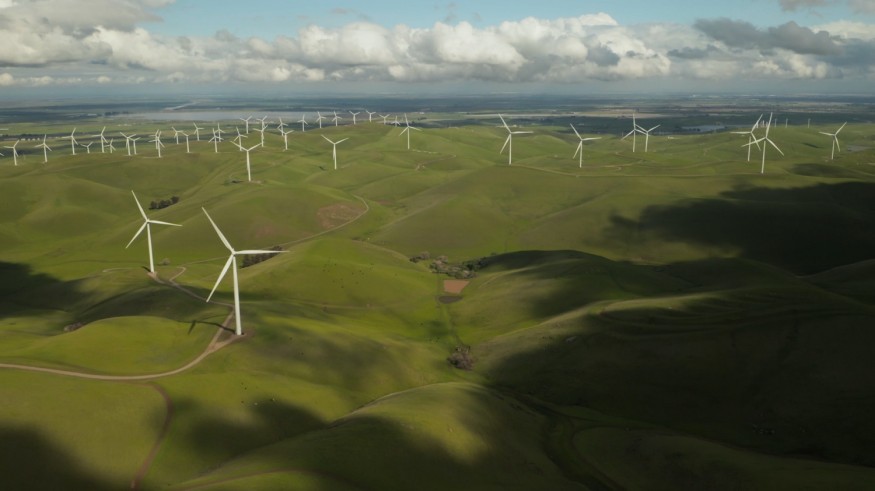
Understanding carbon neutrality and its importance
This is when we balance the amount of carbon we release into the atmosphere with how much we absorb.
Globally this can be done through a combination of renewable energy, more efficient flying, high-speed rail, technology and changes to diet. You can read more about going carbon neutral here.
Practical tips for reducing your carbon footprint
Energy-efficient appliances
If you've got older appliances or devices, think about replacing them with newer, more energy-efficient ones (if you're able). It'll help the environment while also taking the strain off your energy bill. Find out more about energy efficiency guidelines here.
Insulation and sealing your home
Heat escapes when your home's not insulated, or if your windows have gaps or have single panes. Your poor boiler then has to work overtime to keep your house at a cosy temperature (and costs you more money).
Insulation in your walls and roof will help with this , while double glazing and sorting any gaps around windows will doubly seal your home.
LED lighting
If you've still got the old-style halogen bulbs - they cost a fortune to run in comparison to newer LEDs. They're more expensive up front but last a decade, so it's a massive saving overall and you don't have to dig out the stepladder for quite some time.
Smart thermostats
Control your heating from your phone - maybe you forgot to turn the timer off when you went on holiday, or the boiler control isn't very user-friendly. No problem now; just open an app on your phone to take care of it.
Reduce, re-use & recycle
You can speak to your local council about recycling, but the other two might need a bit more willpower!
The modern world is go-go-go but there's a joy in simplicity too - do you need that fancy new gadget or that new outfit for the weekend? Keep your old phone and go on to a cheaper monthly bill, or maybe give apps like Vinted or Depop a try to get that new look.
Taking action towards a carbon-neutral future
Eco-conscious diet choices
It's okay, while a vegan diet is great for the environment, there are plenty of steps in between. Maybe introduce a couple of meat-free meals into your week, or try out the huge range of meat alternatives that are well-stocked in the supermarket.
Food waste is also something to be aware of. 9.5 million tons goes in the bin every year and we're pretty sure some of it was all delicious at some point. Here's a few things you could try:
Plan and prep all your meals for the week - including what you'll do with leftovers.
Make bigger batches and freeze what you don't need for later, so you'll always have your own tasty ready meal ready to go (and you know exactly what's in it).
If you've got a garden, collect your food waste for compost.
Renewable energy options
Install solar panels
Install a small wind turbine
Renewable heating and cooling
Sustainable transport and travel options
Sustainable public transport - for example: buses, electric buses, trains, cycling or walking.
Travel by car with a friend rather than taking separate vehicles
Car-sharing services like Zipcar
Working remotely, where possible
Electric vehicles
Hybrid vehicles
Holidays by train
If you're curious to know more about sustainability in general - the BBC is a great place to start.
Avoid single-use plastic
Sometimes this is unavoidable but where possible, it's worth considering. You'll be helping to reduce pollution which often ends up littering our oceans, plus you'll lower your reliance on products made from petrochemicals. Get the 101 on single-use plastics here.
Support eco-friendly businesses and products
More and more people enjoy supporting businesses who make sustainability part of who they are. For example, companies such as Utility Warehouse (UW) run re-wilding initiatives, restoring damaged bits of countryside through plant-a-tree schemes.
© 2026 NatureWorldNews.com All rights reserved. Do not reproduce without permission.





